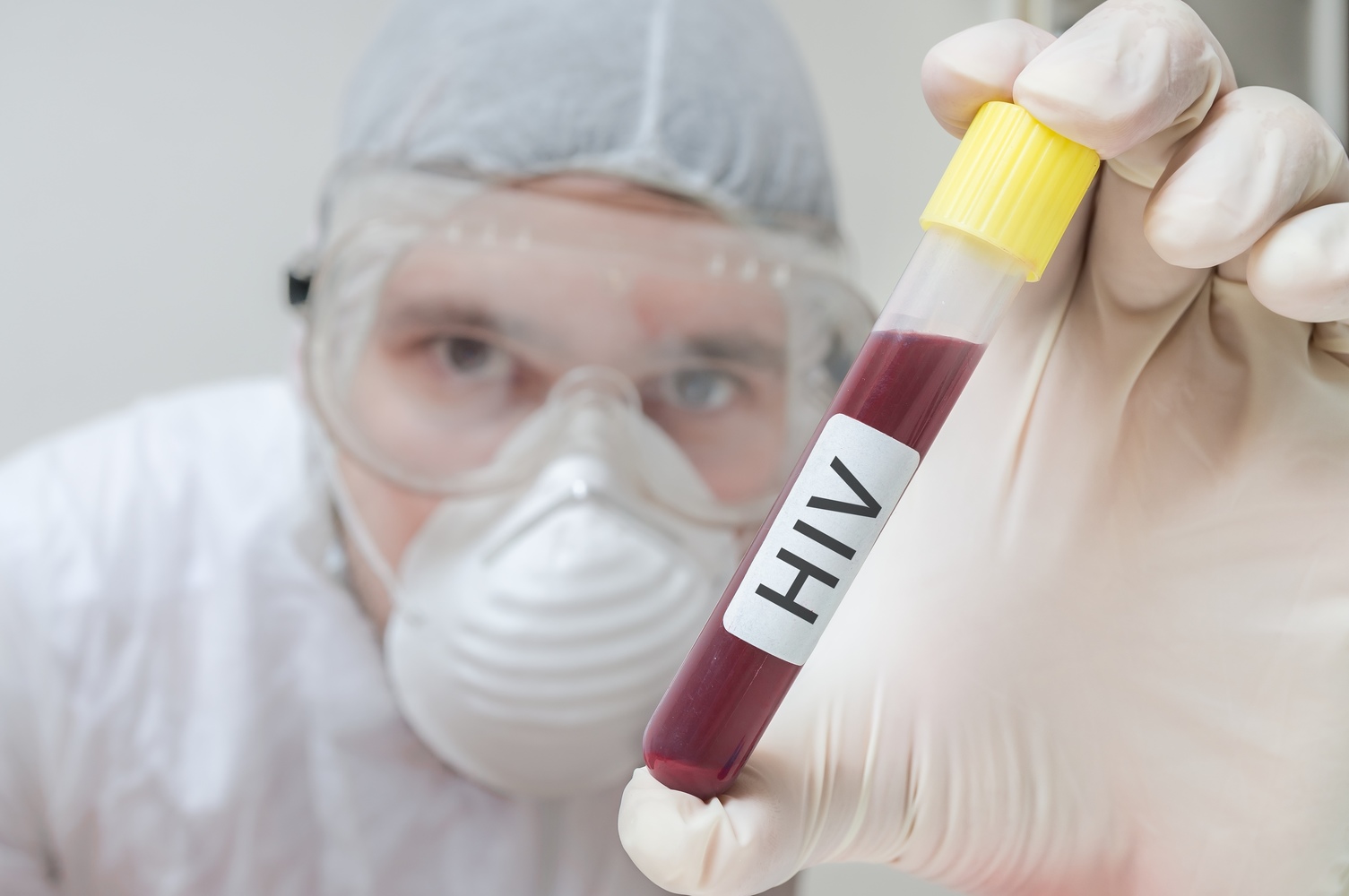
The Most Common HIV Symptoms
Human immunodeficiency virus (or HIV) is a horrible disease that affects millions of people worldwide and takes countless lives every single year. It is a virus that floods a person’s body with viral genes that affect the production of white blood cells and other critical immune functions. It can wreak havoc with multiple bodily systems and cause a myriad of negative health effects. HIV is mainly contracted via unprotected sex with an HIV positive partner, by sharing of neelles, and also via contaminated blood transfusions.
HIV lowers the body’s ability to fight off everyday infections like colds or the flu so that contracting an everyday virus can be deadly for immuno-comprimised patients. HIV is typically treated with HIV antiretroviral drugs medications to stop the progression of the disease into AIDs (or acquired immunodeficiency syndrome). With these medications, many patients go on to lead near full, healthy lives. Here are the telltale symptoms of HIV:
1. Headaches
Those with HIV experience a much higher rate of headaches and migraines than the average population. As many as half of those infected say they experience headaches daily or nearly every day. They can experience symptoms such as intense, pulsating, and throbbing head pain, blurred vision, and even sensitivity to any source of light. Many say their headaches are not like the normal tension or stress headaches felt by the average person and as many as one in four say they experience migraines at least 10-15 times per month.
2. Fever
This may be an obvious fact of life for those infected with the HIV virus. Since it is a viral infection the body’s natural response includes raising its internal core temperature to fight off the invading viral bodies. Unfortunately, since the body cannot rid itself of the infection, living with constant or repeating fevers is just a fact of life for those infected with HIV.
3. Fatigue
When a patient experiences fatigue it is typically because of the body’s reaction to fighting off the virus. It can wear down on energy reserves to have their immune system in constant action trying to fight off a consistent and persistent invading viral infection. Also, the virus’s cells invade the immunity-boosting T-cells in a patient’s body and use their body’s energy production to give themselves the energy to replicate and spread. So the virus is using their bodies ability to produce energy to obtain all the energy they need to spread their viral cells throughout a person’s body.
4. Swollen lymph nodes
This is another obvious sign to those familiar with a body’s immune system. The lymph nodes are responsible for filtering blood and other fluids in the body and for producing white blood cells to fight off any infections. They also act as a catch-all to viral bodies that may make their way into an otherwise healthy body. When HIV invades and spreads throughout the body they may overload the lymphatic system’s ability to keep up and the lymph nodes may get backed up, cause them to swell and maybe even become harder than usual. HIV patients with swollen lymph nodes that last for more than a couple weeks without going down or reverting to normal size need to seek immediate medical attention because this could be a major warning sign that something could be wrong and their infection may be getting into dangerous territory.


